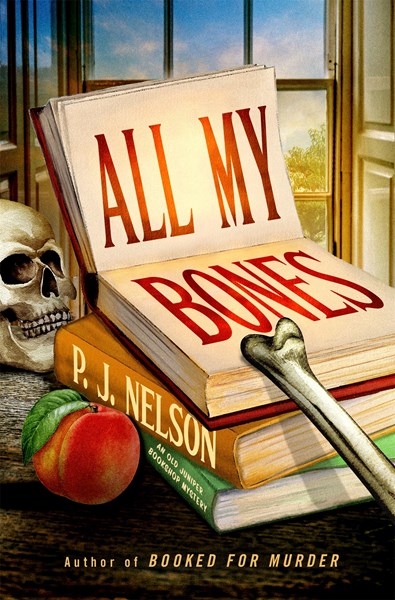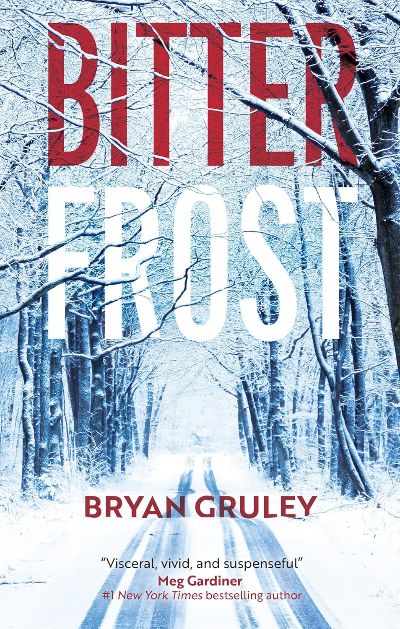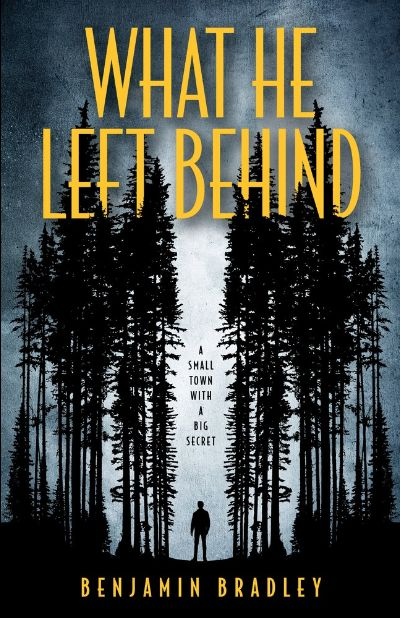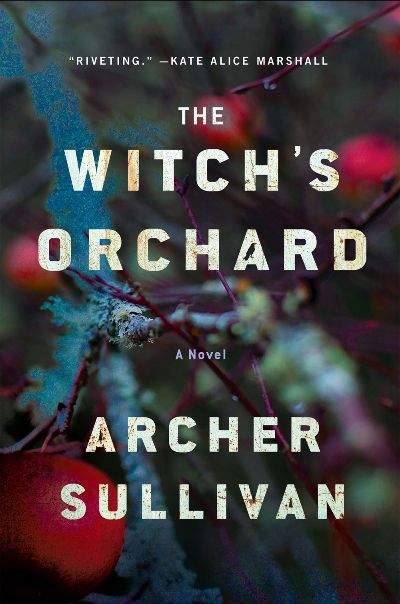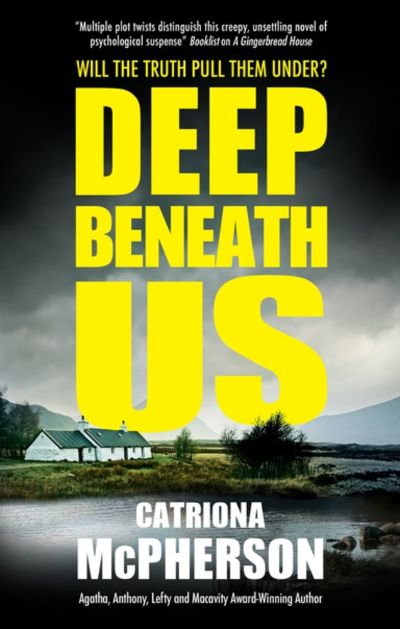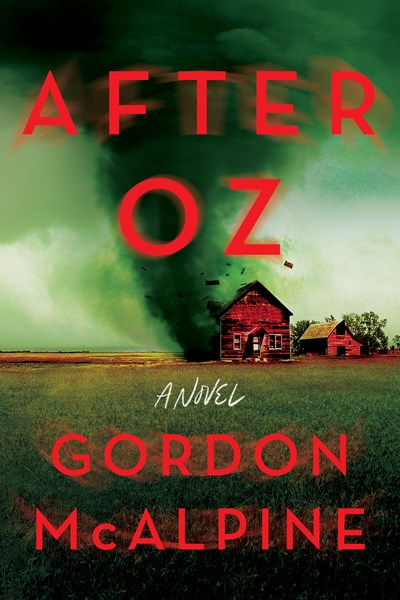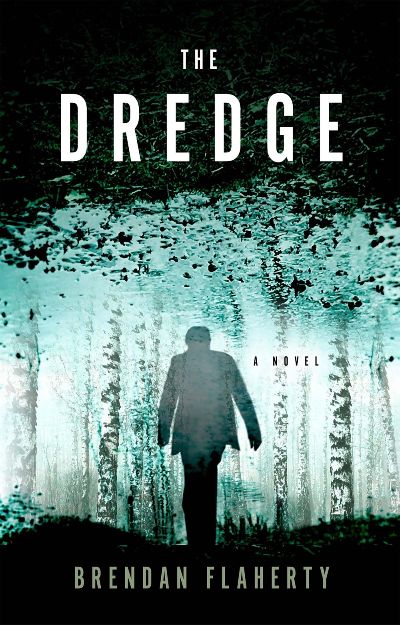Book of the Week
Ro Crowley is making a tough, reluctant trip to her former home of Carralon Ridge in Australia’s New South Wales. It’s a trip she makes annually, marking both her son Sam’s birthday and the day he disappeared five years ago at age 18. The town supports Ro and her family—her husband Griff, whom she’s now separated from, and their daughter, Della—although those remaining in Carralon, a town slowly being bought out by a mining company, are barely doing much better emotionally than the bereft Crowleys. Harper dives deep into the fear and loneliness of having a missing child and how disparate ways of dealing with grief can tear a family apart. Equally strong is her chronicle of a dying town and the eating-itself-from-the-inside culture created by deep pockets offering a way out. Readers will long to know what happened to Sam and will be satisfied by the ending of this haunting exploration of loss.


